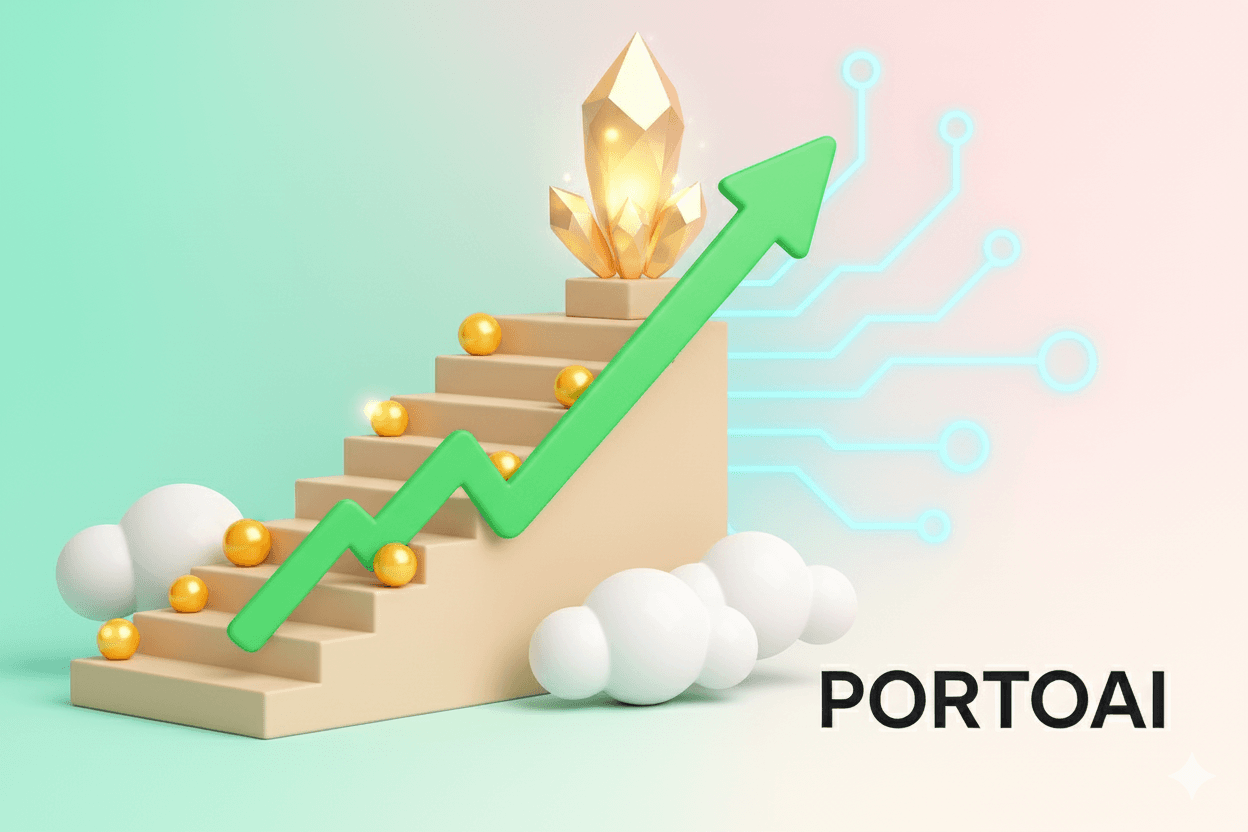Cafe Coffee Day Stock Plunge: Lessons in Investor Risk Management

Venkateshwar Jambula
Lead Market Researcher
5 min read
•Published on September 14, 2024
•Cafe Coffee Day Stock Plunge: Lessons in Investor Risk Management
The dramatic decline in Coffee Day Enterprises Limited (CDEL) stock, commonly known as Cafe Coffee Day (CCD), following the tragic events surrounding its founder, V.G. Siddhartha, serves as a stark reminder of the inherent risks in investing. This situation not only impacted direct shareholders but also reverberated through mutual funds holding CCD exposure, underscoring the critical need for robust risk management strategies and diligent research for all investors.
Understanding the Crisis: Liquidity Crunch and Founder's Debt
The precipitous fall of CCD's share price from Rs. 193 to Rs. 122.75 within two days, wiping out over Rs. 1,000 crore in market capitalization, was directly linked to reports of V.G. Siddhartha's personal financial distress. Investigations revealed significant personal debt obligations, reportedly around Rs. 2,000 crore, separate from the group's consolidated borrowings of Rs. 6,547.38 crore as of March 2019. His subsequent disappearance and confirmed death amplified market anxieties.
A purported letter attributed to Siddhartha cited harassment by tax authorities and a private equity partner as contributing factors to a severe liquidity crunch, leading him to express failure as an entrepreneur. However, regulatory filings at the time indicated that Coffee Day Enterprises Limited possessed assets valued at Rs. 11,259.07 crores against its debt of Rs. 6,547.38 crores, highlighting a potential disconnect between reported liquidity issues and the company's overall asset base.
Impact on Investor Sentiment and Credit Ratings
This unprecedented crisis triggered a sharp decline in investor confidence. Credit rating agency ICRA placed CDEL's term loan rating on 'watch with negative implications,' signaling potential adverse effects on the company's creditworthiness and operations. While the initial rating remained BBB+, the situation demanded further scrutiny and analysis to ascertain the long-term impact.
Key Takeaways for Investors Amidst Market Turmoil
The CCD situation offers several critical lessons for sophisticated retail investors, financial advisors, and fund managers:
- Leadership and Governance Risk: The health of a company can be intrinsically linked to its leadership. Unexpected events involving key figures can trigger significant volatility. PortoAI's platform can help identify companies with strong, diversified leadership and robust corporate governance structures, mitigating such single-point-of-failure risks.
- Understanding Debt Structures: It is crucial to differentiate between corporate debt and personal debt of promoters, especially in closely held or founder-driven companies. High levels of debt, whether corporate or personal, can create systemic risk.
- Valuation vs. Liquidity: A company might have substantial assets on paper, but a severe liquidity crunch can still lead to a market crisis. Understanding a company's cash flow dynamics and working capital management is as vital as its asset valuation.
- Due Diligence Beyond Financials: While financial statements are paramount, understanding the broader operational, regulatory, and reputational landscape is essential. The alleged pressures from tax authorities and private equity partners highlight the need for a holistic view.
- Portfolio Diversification: The turmoil affecting CCD and its associated mutual funds emphasizes the importance of diversification. Spreading investments across different asset classes, sectors, and geographies is a fundamental principle of risk management.
- Rebuilding Investor Trust: Following a crisis, transparency, clear communication, and decisive action are vital for restoring investor confidence. The company's recovery would hinge on its ability to manage financial issues, maintain operational stability, and rebuild trust.
CDEL's Path to Revival: Strategies and Challenges
In the years following the crisis, Coffee Day Enterprises Limited implemented several strategies to stabilize its operations and reduce its debt burden:
- Asset Sales: Significant non-core assets, such as the Global Village Tech Park in Bengaluru, were sold to raise capital and deleverage the balance sheet.
- Debt Restructuring: The company engaged with lenders to renegotiate and restructure its debt obligations.
- Cost Optimization: Initiatives were undertaken to rationalize operations and reduce overheads.
- Strategic Divestments: The sale of its stake in the IT services subsidiary, Mindtree, allowed the company to focus on its core café business.
Despite these efforts, the business continued to face headwinds, including the significant impact of the COVID-19 pandemic, which disrupted operations and prolonged recovery efforts. The company's stock performance remained erratic, reflecting the ongoing challenges in regaining stable financial footing and market confidence.
Conclusion: Vigilance and Data-Driven Insights
The Cafe Coffee Day saga is a profound case study in investment risk. It highlights that even established businesses can face unforeseen challenges. For investors, the key takeaway is the imperative to conduct thorough due diligence, understand the nuances of corporate finance and governance, and consistently apply disciplined risk management principles. In today's complex market, leveraging advanced analytical tools is no longer a luxury but a necessity. PortoAI's AI-native investment research platform empowers investors to synthesize vast amounts of data, identify potential risks, and make more informed, confident decisions, thereby navigating market volatility with a strategic edge.
Blog
Investment Insights and Tips
Explore our latest investment strategies and insights.

Stocks
Master Investment Psychology: Control Emotions for Smarter Stock Decisions
The Psychology of Stock Investment: Understanding Emotions That Affect Investment Decisions A stock market is a funny place – both the seller and buye...
Venkateshwar Jambula
November 7, 2024
•4 min read

Stocks
Power Grid India Stock: Analyzing PGCIL's Price Movements & Future
The Rise and Fall: Unraveling the Power Grid Corporation of India Stock Price The Power Grid Corporation of India Stock Price (PGCIL) has experienced ...
Venkateshwar Jambula
November 6, 2024
•10 min read

Stocks
Are Multibagger Stocks Still Possible in 2025? Your AI Guide
These 6 Multibagger Stocks Exploded in 2025 — Is Your Portfolio Still in 2022? Till June 2025, the benchmark Sensex has risen by around 4%, reflecting...
Venkateshwar Jambula
November 5, 2024
•11 min read

Stocks
Top 5 Indian Growth Stocks & Sectors for 2025: AI-Driven Insights
Top 5 Best Growth Stocks in India & Sectors to Watch in 2025 You see the market correction in late 2024 and early 2025 was driven by weak economic...
Venkateshwar Jambula
November 4, 2024
•9 min read